Shaping the future through science
Unisa is not letting energy go to waste
South Africa’s Nine-Point Plan places the resolution of the energy challenge at the top of the list of actions in our country. As an academic institution, Unisa is aware of its critical role in ensuring this challenge is met, and, through the Exxaro Chair in Business and Climate Change (Exxaro Chair), and together with the South African National Energy Development Institute (SANEDI) and the University of Fort Hare (UFH), is rolling out biogas as a renewable and sustainable source of energy.
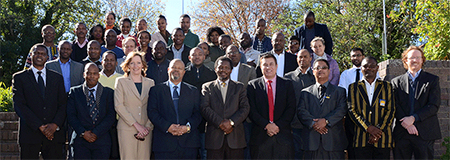
Some of the team members from Unisa, the South African National Energy Development Institute (SANEDI), University of Fort Hare (UFH), and the Exxaro Chair in Business and Climate Change (Exxaro Chair) at the launch of the biogas research project in the Eastern Cape.
On 1 July 2016, the partnership launched a biogas research project at Melani Village situated in Alice, Eastern Cape. Overall, this community engagement and research project is seeking to find solutions on scaling up renewable and affordable rural household energy as well as conserving the environment.
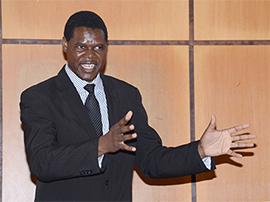
Prof Godwell Nhamo (Chief Researcher and Chair of the Exxaro Chair in Business and Climate Change) believes this project will answer some key questions in terms of expansion and scaling up.
Researchers drawn from three colleges at Unisa (College of Economic and Management Sciences, College of Science, Engineering and Technology, and the College of Agriculture and Environmental Sciences) are involved in a transdisciplinary, interdisciplinary and multidisciplinary research programme focusing on bio-derived fuels (BDF) and solar technology transition under climate change and the green economy led by Professor Godwell Nhamo, who is the incumbent of the Exxaro Chair. Biogas is one of the project streams in the research programme.
The project witnessed the installation of 13 household biogas digesters that will generate cooking gas. Waste from cattle, goats, and pigs is being used as feed stock. The by-product (digestate slurry) is a very good source of fertiliser (rich in nitrates and phosphates) which can be used for growing vegetables, fruits, and flowers.
Bringing practical solutions to society
The choice of Melani Village was informed by many factors, including Unisa’s geographically dispersed footprint in South Africa and Africa, the desire to be part of the ongoing national programme to roll out biogas as a renewable and sustainable source of energy, the need to set up research sites in rural settings, and the desire to commission community engagement projects that bring practical solutions to our society.
The benefits for the community of these types of projects are manifold and they happen both in the construction phase and after. The communities of Melani Village have already benefited through temporary construction jobs from the installation of the 13 digesters. They will further benefit from the supply of renewable energy and also from interacting with the team of researchers. Other benefits will be realised in time freed-up by not having to search for alternative energy sources, such as firewood. The environment will further benefit from reduced carbon emissions, given that at present South Africa mainly relies on Eskom’s coal-fired power plants.
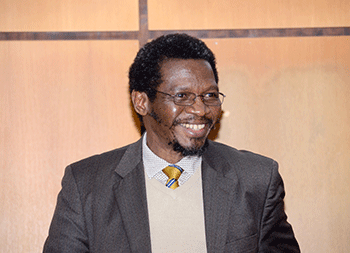
Dr Mvoyo Tom (Vice-Chancellor: UFH) is excited by this partnership and collaboration, more so at a time when renewable energy seems to be a global solution.
Prof Mandla Makhanya, Principal and Vice-Chancellor at Unisa, explained that the university has taken a conscious decision to highlight environmental and sustainability matters in the institutions strategy, and to address them in a manner similar to what responsible modern-day corporates do—a situation where sustainability offices are stand-alone entities in these progressive organisations. “As academic institutions we have a critical role of ensuring that the global and national mandates are realised through our excellent and innovative performance in the knowledge creation space, and through its translation into practice in our communities,” he said.
Energy is never destroyed, it’s just distributed
As UFH celebrates its centenary in this year, this makes the collaboration with Unisa, SANEDI, and the Exxaro Chair even more valuable. Dr Mvoyo Tom, Vice-Chancellor of UFH, is excited by this partnership and collaboration, more so at a time when renewable energy seems to be a global solution. “We are happy to host this particular session in the development of research, along renewable energy lines and making sure that we use every aspect that’s provided by nature. We must remember that energy is never destroyed, it’s just distributed,” he said.
Prof Godwell Nhamo, Chief Researcher and Chair of the Exxaro Chair in Business and Climate Change, believes this project will answer some key questions in terms of expansion and scaling up. “We hope that, through this initiative, we are going to answer the question of why the simple technology of biogas is not up-scaled in South Africa?” In Africa, Tanzania has the highest number of digesters with over 10 000 installed. Nhamo pointed out that much needs to be done in order for South Africa to be in that league of countries providing sustainable rural renewable energy. To this end, the government’s Working for Energy programme remains key to realise such success.
Publish date: 2016-07-04 00:00:00.0


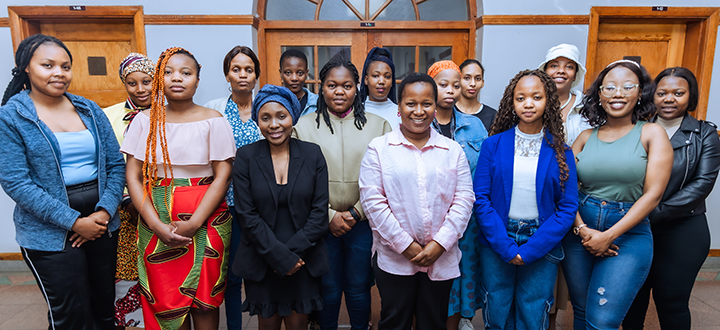 Second cohort of the Bosadi Artisan Creative Media Business Start-up Programme launched
Second cohort of the Bosadi Artisan Creative Media Business Start-up Programme launched
 Percy Qoboza remains a luminary voice for truth and justice in the digital era
Percy Qoboza remains a luminary voice for truth and justice in the digital era
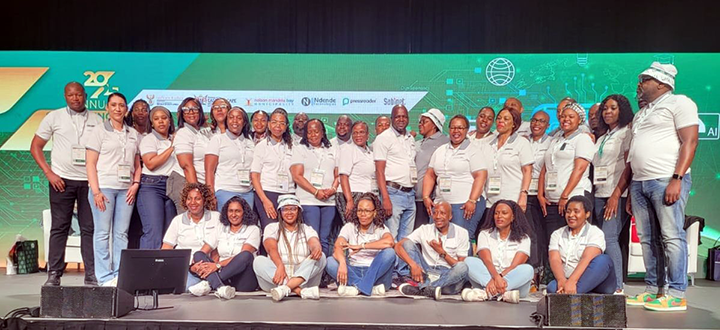 Unisa celebrates excellence at LIASA Conference
Unisa celebrates excellence at LIASA Conference
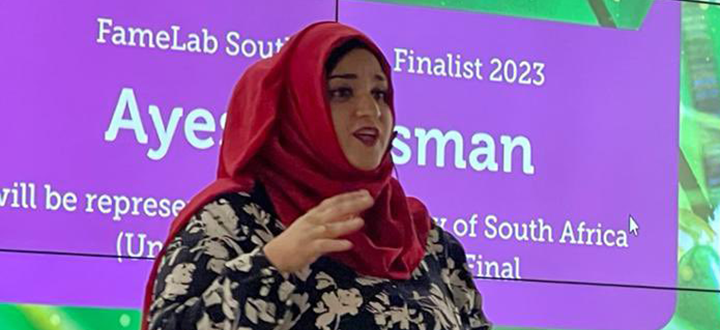 From personal struggles to national reach
From personal struggles to national reach
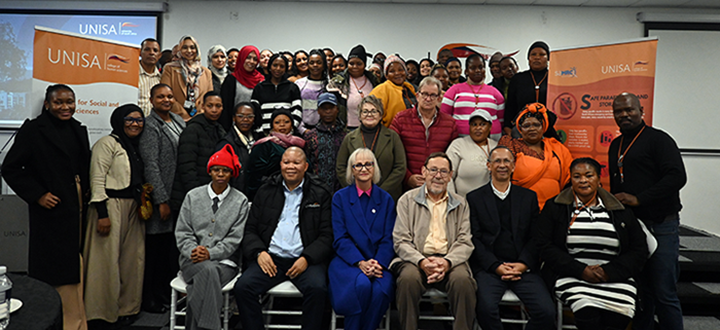 Why South Africans need safer energy alternatives
Why South Africans need safer energy alternatives